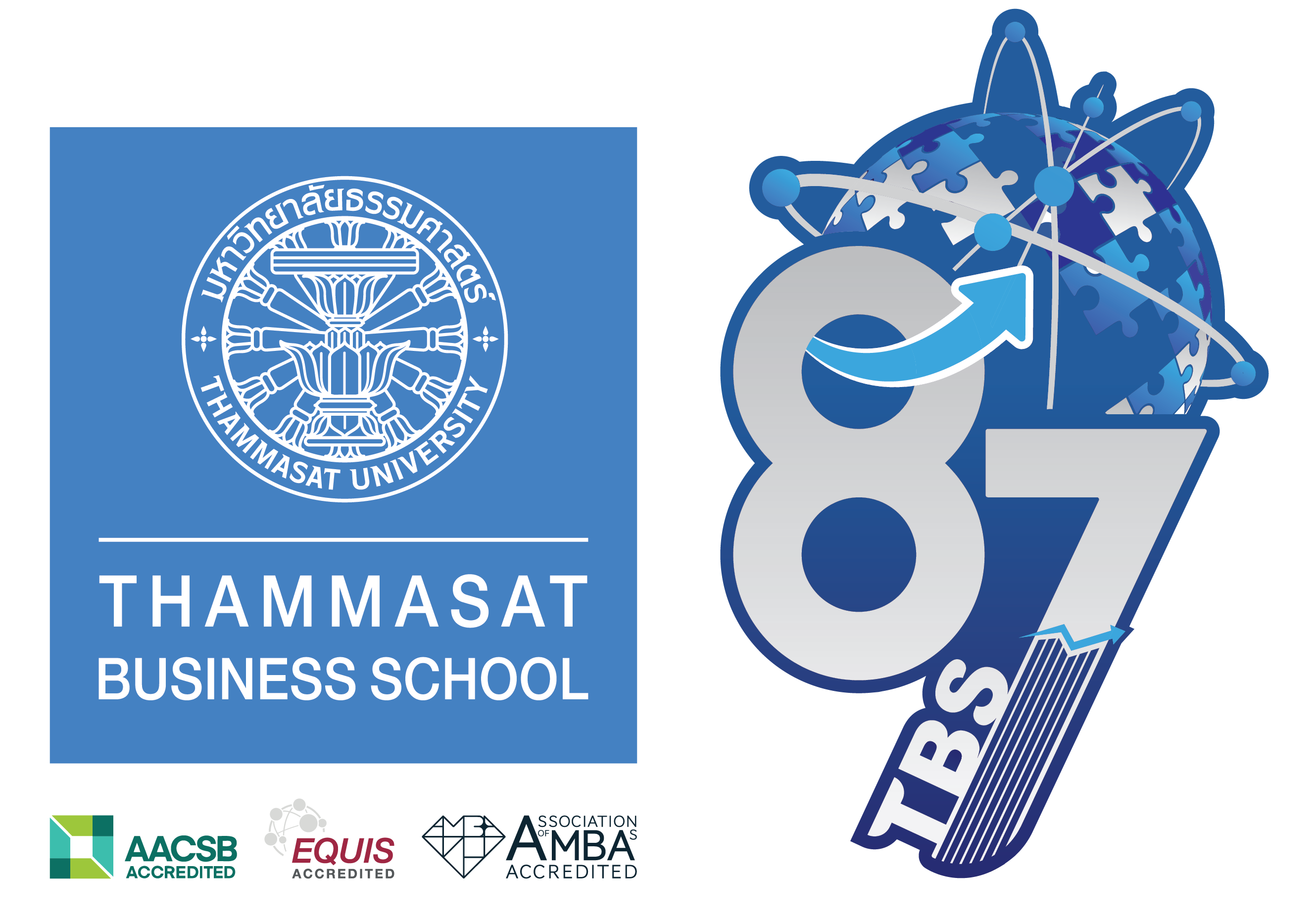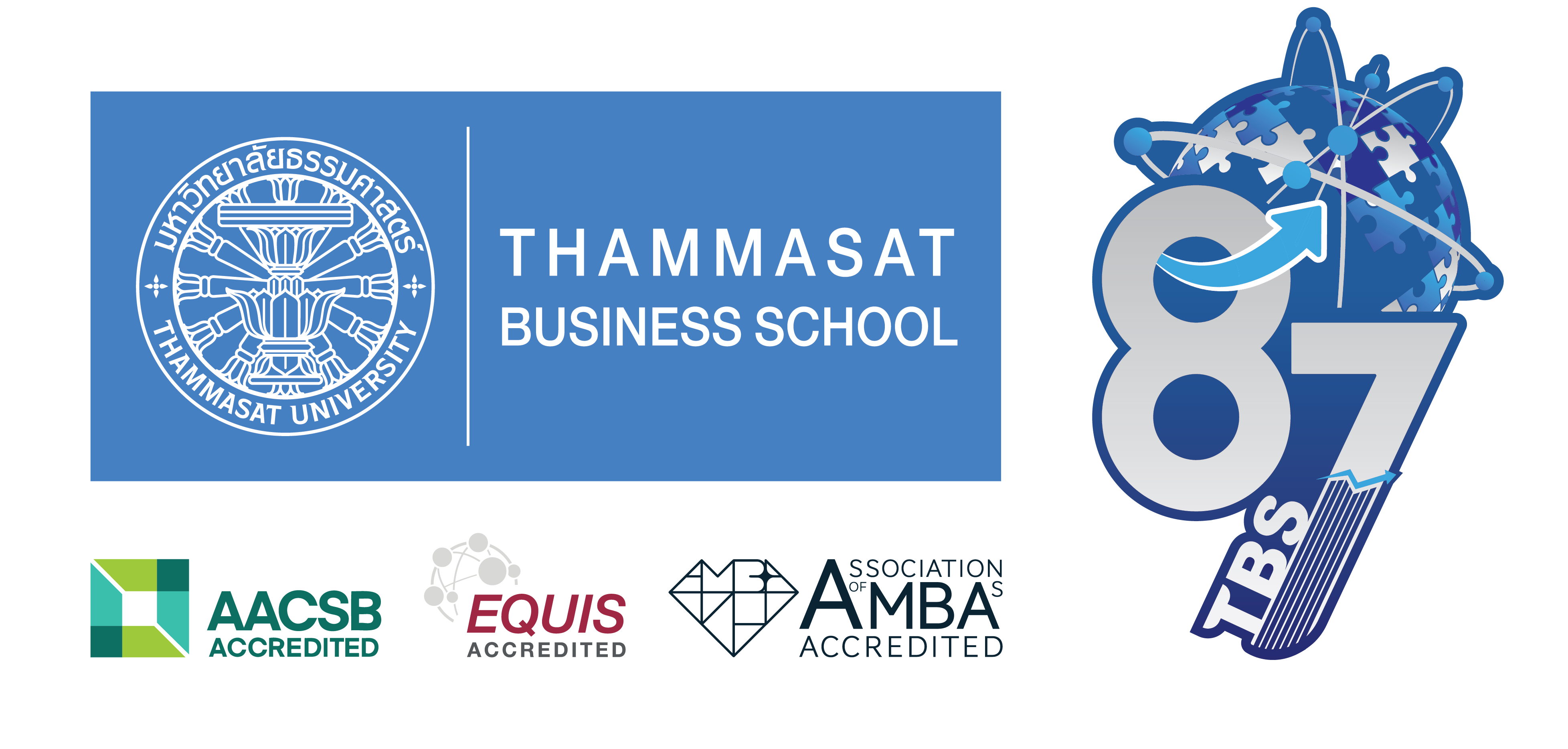

Dr. Chaturong suggests that entrepreneurs should apply various methods to counter the crisis such as hybrid working, allowing people to work from home as well as in the office in each week; for example, three days in the office and two days from home. This way people can have more work-life-balance allowing them to cope the welfare challenges of our aging society; for example, looking after an elderly parent.
Improving corporate culture and creating a better and friendly environment can also be part of the solution for many firms. More importantly, organizations must pay more attention to staff wellbeing in aspects such as: 1) Compensation- employees should be able to plan and save money for retirement. 2) Physical health- proactive healthcare along with reduced expenses on medical fees. 3) Mental health- less stress to reduce mental health issues. 4. Relationships- positive social interaction between colleagues. Also, there must be training and development programs for new hires, as well as staff who need reskilling. Every employee should feel that there are growth opportunities appropriate for them. Having a multi-skilled team also benefits the management as it is easier to move or change positions according to the need. As Dr. Chaturong concludes, “Necessary skills or what we call ‘Soft Skill’ are not so soft anymore because they are, in fact, mandatory skills for work for everybody in the modern world.”
The ‘Great Resignation’ is forecast to continue for at least the next one to two years or until the labour market has rebalanced. This means that entrepreneurs and business owners must adapt their employment strategies, while employees must improve their own skills to survive in the transforming business environment.
Date: 30 กันยายน 2565









